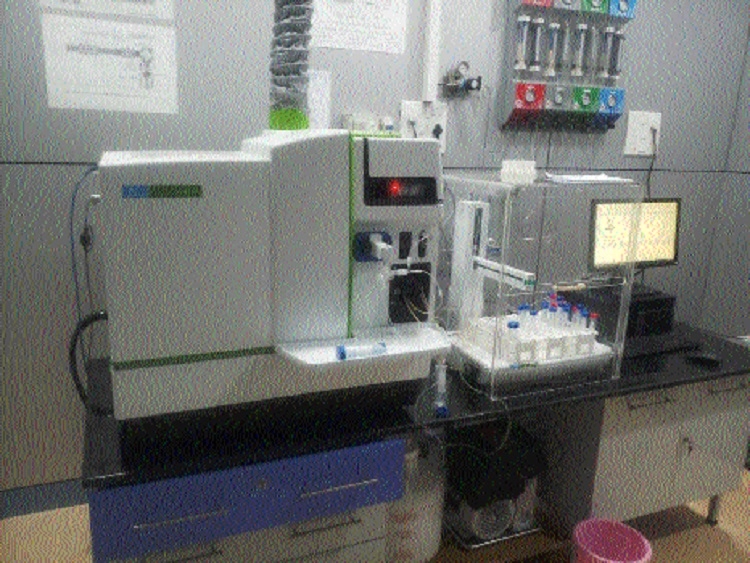IGKV setting up 3 quality testing labs for ryots to export crops
| Date :11-Jun-2019 |

By Sandeep Pradhan:
RAIPUR
Aiming to tap massive potential of Chhattisgarh producing separate crops and open an opportunity for farmers so that they could export their crops to European countries, Indira Gandhi Krishi Vishwavidyalaya (IGKV) is busy in accomplishing the task of setting up three separate quality testing laboratories in the university.
These laboratories, to be operational by June-July of 2020, will have the capacity of detecting residue of heavy metals, volatile as well as non-volatile compounds, insecticides and pesticides in concentration of Part per Billion (PPB-a weight to weight ratio used to describe concentrations. PPB is the number of units of mass of a contaminant per 1000 million units of total mass). “Three separate quality testing laboratories, including Inductively Coupled Plasma-Mass Spectrometry (ICP-MS), Gas Chromatography-Mass Spectrometry (GC-MS) and Liquid Chromatography-Mass Spectrometry (LC-MS) laboratory, will soon be operational in IGKV. As of now, ICP-MS and GC-MS labs have been successfully setup in the university while process for installing LC-MS lab is underway,” Professor and Head of Department of Plant Molecular Biology and Biotechnology Dr Satish Verulkar told The Hitavada.
Dr Verulkar further explained that ICP-MS lab will be used for detecting residue of heavy metals and GC-MS lab will be helpful in residue analysis of volatile compounds, pesticides as well as insecticides while LC-MS lab will be used for detecting non-volatile compounds in crops and food products. These laboratories will able to detect heavy metals, volatile as well as non-volatile compounds, pesticides and insecticides in crops and food products in concentration of Part per Billion.
“Through ICP-MS instrument installed in IGKV, detection of 73 heavy metals including Arsenic, Cobalt, Mercury, Cadmium, Chromium, Lead, Manganese and others, will be possible in crops and food products. GC-MS will be enabling us to detect around 103 types of pesticides and insecticides in crops whereas LC-MS will make residue analysis of around 96 non-volatile compounds possible in crops,” said Dr Verulkar, elaborating that making testing of these components possible here will open opportunity for farmers to export their crops to foreign countries.“Compiling data, which is not an easy task, will be our prime objective immediately after installation of the laboratories so that the data could be examined by National Accreditation Board for Testing and Calibration Laboratory (NABL), an agency working under Government of India.
If NABL finds the compiled data reliable then the agency will award accreditation to the university’s laboratories following which Agricultural and Processed Food Products Exports Development Authority (APEDA) will certify the crops and food products tested here in laboratory appropriate for export to other countries,” said Dr Verulkar. Along with farmers of Chhattisgarh, the first of its own kind laboratories taking shape in Central India will be an opportunity opened up for farmers of Odisha, Jharkhand, Madhya Pradesh and Maharashtra. These laboratories will also be helpful in generating data for undertaking research to improve aromatic variety of rice.